I'm late in getting to my Women's History Month post (it's been that kind of month). But I figure better late than never because most of you read historical fiction by and about women year-round. So here are ten books (plus a bonus) to consider reading, whether sooner or later.
I made my selections based in part on whether a book had not received as much attention as it deserves. (That’s why this list doesn't include books like Pachinko, Great Circle, Hamnet, The Love Songs of W. E. B. Du Bois, Take My Hand, Still Life and other novels that have been nominated for awards or selected by one of the celebrity book clubs.) I hope you find at least a few of these books worth adding to your TBR list.
Gilded Mountain and My Notorious Life – Kate Manning
Gilded Mountain (2022) hits my sweet spot for historical fiction: a young and determined female protagonist who comes of age amidst a labor strike against a powerful company that dominates the local community. In Gilded Mountain, the Pelletiers, a French-Canadian family, settle in Colorado and the father goes to work at the marble quarry. Seventeen-year-old Sylvie Pelletier works for the local newspaper, which has exposed the quarry’s working conditions and is covering the resulting labor strife. Add a credible love story, a probing examination of race and class, a strong sense of place, and prose as clean and crisp as the mountain air, and you’ve got an intellectually and emotionally satisfying read.
I also recommend Manning's previous book, My Notorious Life (2013), based on the life of Axie Muldoon, a midwife in Victorian New York City who became one of the most controversial people of her time through her fight for women's rights. Her nemesis was Anthony Comstock, founder of the Society for the Suppression of Vice, who is known today for the Comstock Act, an 1873 federal law that prohibits the mailing of obscene materials, including contraceptives and items related to abortion. Though it has not been used for a long time, Republicans at the state and federal level are trying to breathe life back into it today.
Properties of Thirst – Marianne Wiggins (2022)
Rockwell “Rocky” Rhodes has spent years protecting his California high desert ranch from the LA Water Corporation. In the early days of WWII, his son Stryker enlists and is stationed at Pearl Harbor when the Japanese attack. The following year, when the U.S. government decides to build an internment camp for Japanese immigrants and Japanese Americans next to the ranch, Rocky is faced with another threat to the family property. Although the Department of the Interior official sent to oversee the construction of the camp is a good man faced with an ethical dilemma, matters become complicated when he befriends Sunny and learns of Rocky’s problems. Properties of Thirst is Wiggins’s first novel since Evidence of Things Unseen (2003), which was a Pulitzer Prize and National Book Award finalist. She had nearly finished the manuscript in 2016 when she suffered a stroke. Her daughter, photographer Lara Porzak, worked closely with her mother to finish it over the next few years. It’s a big, gritty, cinematic novel of the American West at mid-century.
The Safekeep – Yael van der Wouden (2024)
Yael van der Wouden’s debut novel, The Safekeep, was in my top three books of 2024. It’s one of those books where you go around saying, “You have to read this book!” Set in the Netherlands in 1961, it’s the story of Isabel, who lives alone in her family’s country house (now owned by her brother Louis). Is she an introvert or a bitter misanthrope? When Louis brings his new girlfriend, Eva, to dinner, Isabel takes an instant dislike to her. The plot is set in motion when Louis asks if Eva can stay with Isabel while he’s out of the country on business for a month. The tension is palpable. Isabel resents Eva’s disruption of her quiet routine and mistrusts her. What was the backstory of Isabel’s protective obsession with the house and its belongings? Why was Eva seemingly a woman without a history? With this setting, did it have something to do with events during or shortly after the Holocaust? But what exactly? They are worthy foes, each full of steely determination. Yael van der Wouden’s depiction of attraction and desire and the ensuing emotional complications is riveting. The Safekeep is nearly flawless in structure, characterization, plot, mood, and the quality of its prose. It’s as good a debut as I’ve read in a long time. Read it!
We Must Not Think of Ourselves -- Lauren Grodstein (2023)
This novel is based on the true story of a group of archivists in the Warsaw Ghetto. Adam Paskow is a teacher who is asked to join the secret group. He interviews a wide range of Jews imprisoned in the ghetto, learning about their lives before the Nazis came to power and in the years since, as well as how they are managing to stay alive in the ghetto. Their stories remind us of the individuals who tend to be subsumed in the overview of the Holocaust (“the Six Million”). Grodstein’s novel is further enriched by an emotionally and morally complicated love story. We Must Not Think of Ourselves expertly depicts the lengths people will go to in their efforts to survive but also to leave a record of their lives in case they don’t.
Mutual Interest – Olivia Wolfgang-Smith (2025)
Mutual Interest is the story of a trio of queer characters who are entangled in business and in life. Vivian, Oscar, and Squire are all seeking to escape the restrictive lives set out for them. Vivian and Oscar reach an agreement that allows them to achieve their personal goals, and later they combine forces with Squire for business purposes. The trio builds a soap, perfume, and candle empire with Vivian hidden at the heart of it. Wolfgang-Smith examines marriage and ambition, sexuality and secrecy, and the true cost of achieving personal and financial freedom.
Heirlooms: Stories – Rachel Hall (2016)
This series of interconnected stories was the best backlist book I read last year. It won the G. S. Sharat Chandra Prize for Short Fiction, selected by Marge Piercy. Heirlooms depicts the complicated lives of an extended family starting in France in 1939 and ending in the American Midwest in 1989. Piercy described it well, saying, “[The characters] define themselves in resistance, denial, and ignorance of history through four generations…In some ways the entire book is a meditation on the meaning of family and history.” In these beautifully written stories, characters struggle to survive the war and Holocaust, adapt to displacement and life as refugees and, later, immigrants to Israel and the United States. Each story packs a punch and the cumulative effect is both heartbreaking and inspirational. Highly recommended. (Heirlooms has a rating of 4.7 on Amazon and 4.5 on Goodreads.)
A Calamity of Noble Houses – Amira Ghenim (Translated by Miled Faiza and Karen McNeil) (2025)
Set in Tunisia from the 1930s to the early 2000s, A Calamity of Noble Houses follows the complex entanglements of two prominent families. Zbaida, from the relatively open-minded Rassaa family, is married to Mohsen, from the conservative and patriarchal Ennaifer family. When Zbaida is accused of having an affair with Tahar Haddad, a radical intellectual from humble origins, the destinies of both families are changed forever. Eleven different narrators from the two families recount the story of this scandal and the consequences across seven decades, creating a narrative mosaic. Originally published in 2020, A Calamity of Noble Houses was a finalist for the International Prize for Arabic Fiction.
Kantika — Elizabeth Graver (2023)
Kantika (“song” in Ladino, the Judeo-Spanish language) is the story of Rebecca Cohen, born into a successful merchant family in Istanbul in the years before WWI. But the war and the fall of the Ottoman Empire results in the loss of the family’s fortune, forcing them to move to Barcelona. Like her ancestors, Rebecca must fashion a new life in a new land. But her feckless husband dies, leaving her with two sons. She eventually decides to try again in Cuba before moving to New York City for an arranged marriage to a man with a disabled daughter, Luna. Kantika introduces us to a woman who is flawed but fiercely determined to provide a good life for her sons. Her difficult relationship with Luna changes both of them. Like the Sephardic Jews before her, Rebecca carries her heritage with her to the “new world,” adapting as necessary to survive and at times even thrive.
Prize for the Fire – Rilla Askew (2022)
Rilla Askew has written novels about the Tulsa Race Riots (Fire in Beulah), a family drama about Oklahoma pioneers (The Mercy Seat), and the complexities of immigration (Kind of Kin). In her latest novel, she strikes out in a new direction: 16th century England. Prize for the Fire is the story of a fiercely independent young woman named Anne Askew who is forced to take her dead sister’s place in an arranged marriage. She is determined to escape her marriage and the confining expectations in the time of Henry VIII. It’s a timely reminder of the high cost of the struggle for self-determination that has gone on for hundreds (thousands?) of years.
The Sharp Edge of Mercy – Connie Hertzberg Mayo (2022)
Set in New York City in 1893, The Sharp Edge of Mercy is the story of 18-year-old Lillian Dolan, a newly hired nurse assistant at the New York Cancer Hospital. Her work ethic and incisive mind eventually make an impression on the new head surgeon, Dr. Bauer. But she soon finds herself enmeshed in conflicts involving medical ethics, sexual mores, and class. At the same time, her older cousin Michael, an Irish immigrant, is introducing the sheltered Lillian to the realities of turn-of-the-century New York City, forcing her to reconsider some of her strict Catholic viewpoints. Mayo weaves Lillian’s coming of age and Michael’s self-discovery into a compelling narrative.

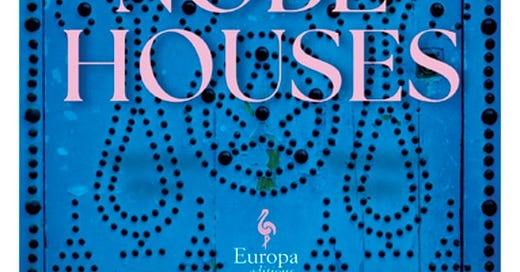

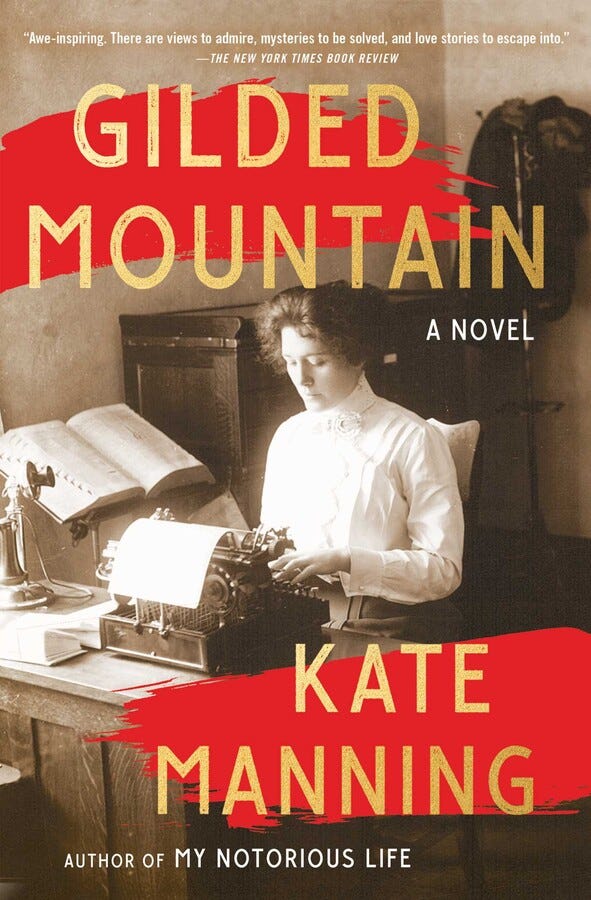

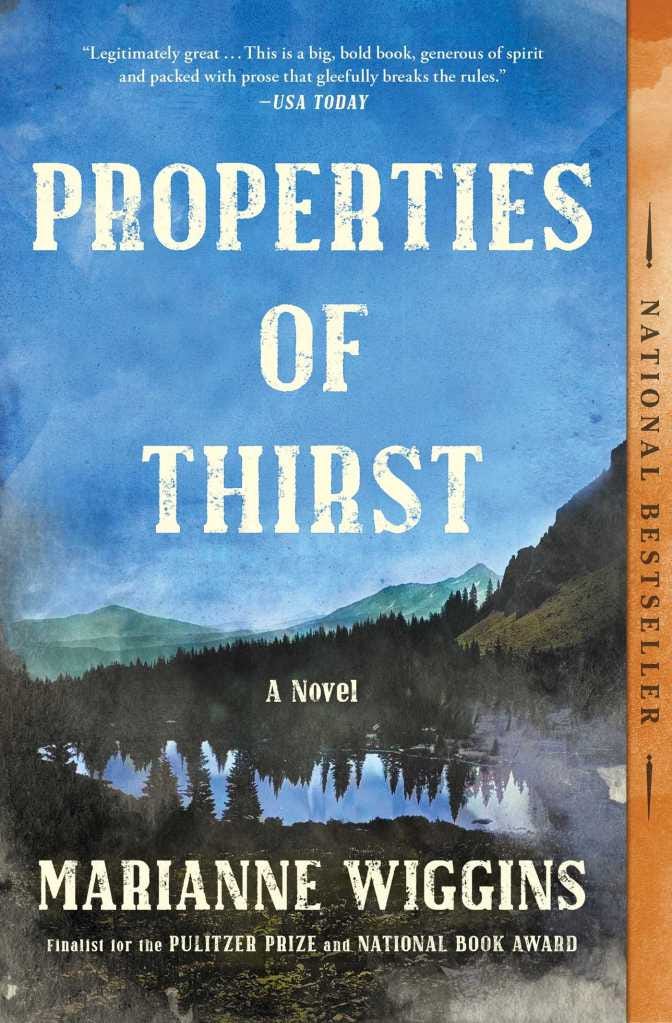
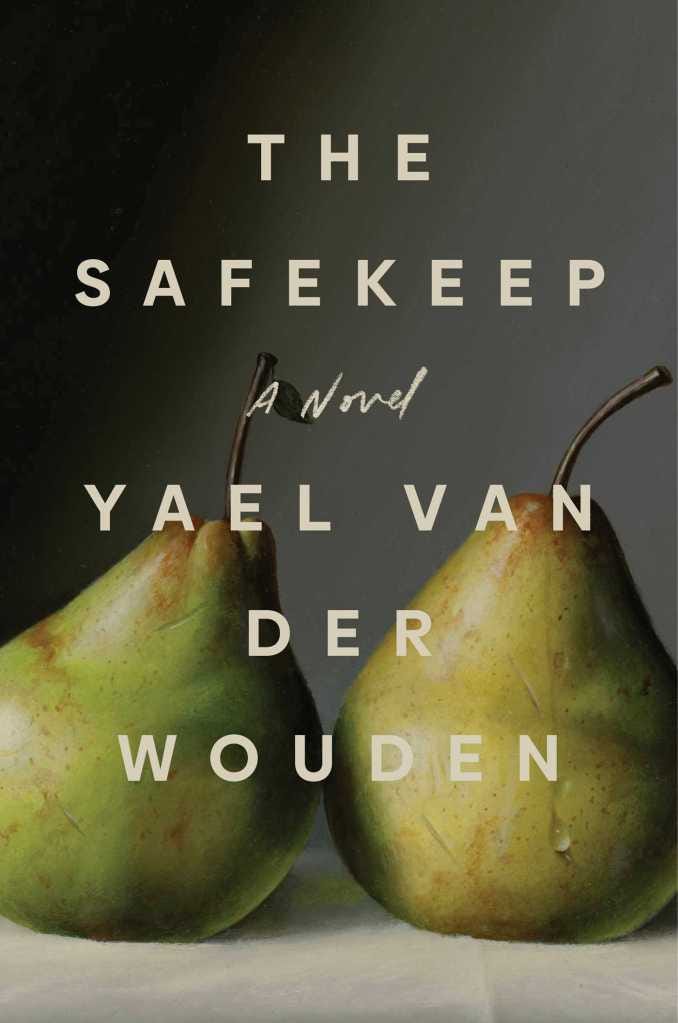
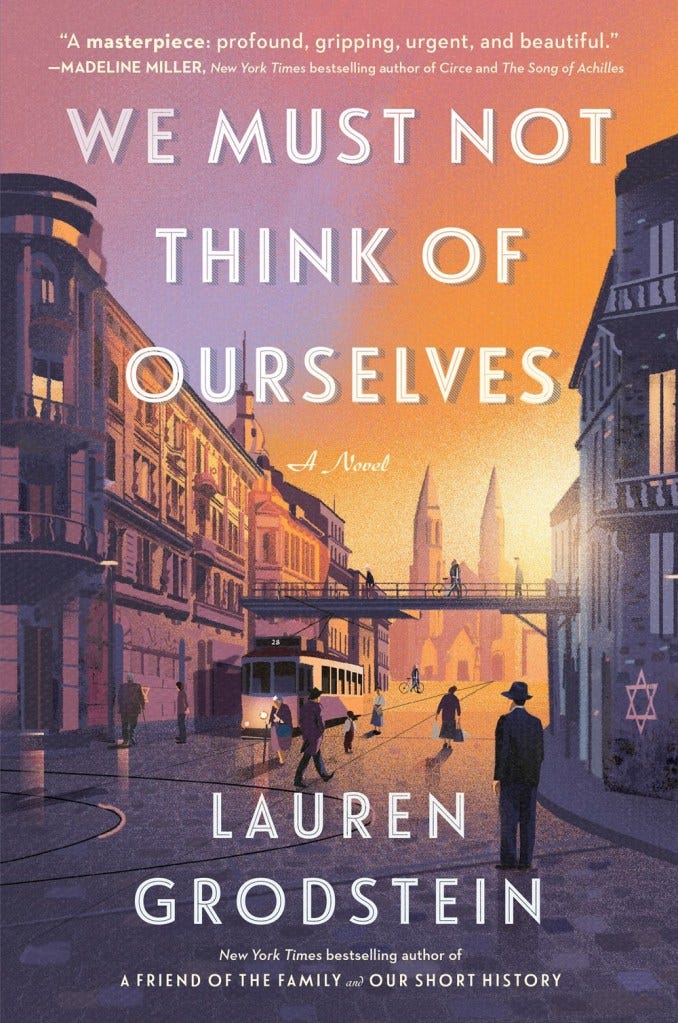
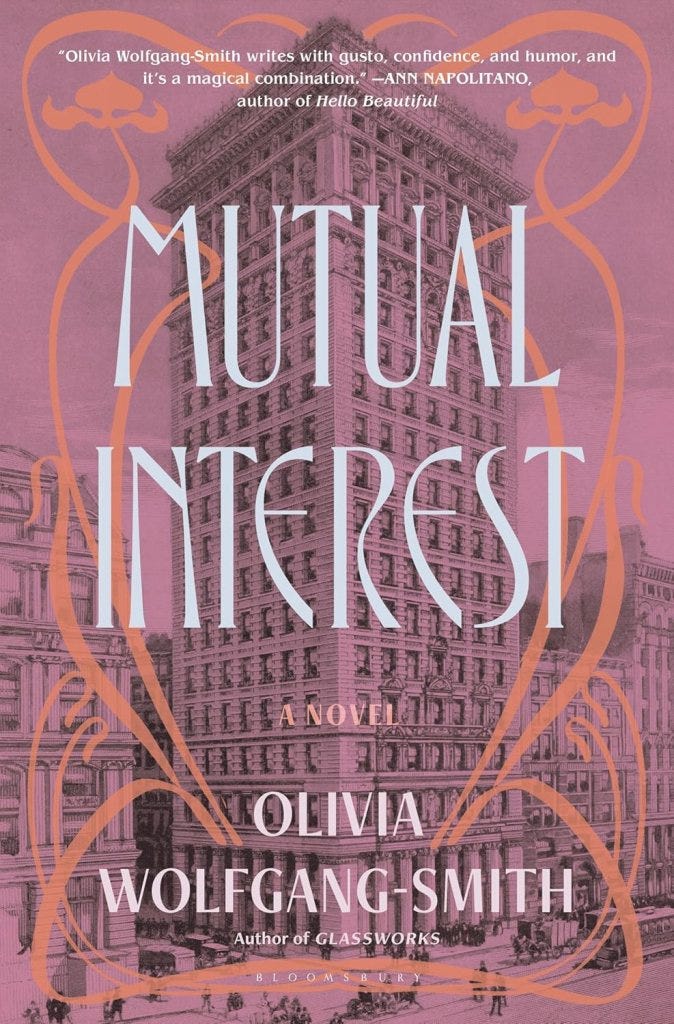
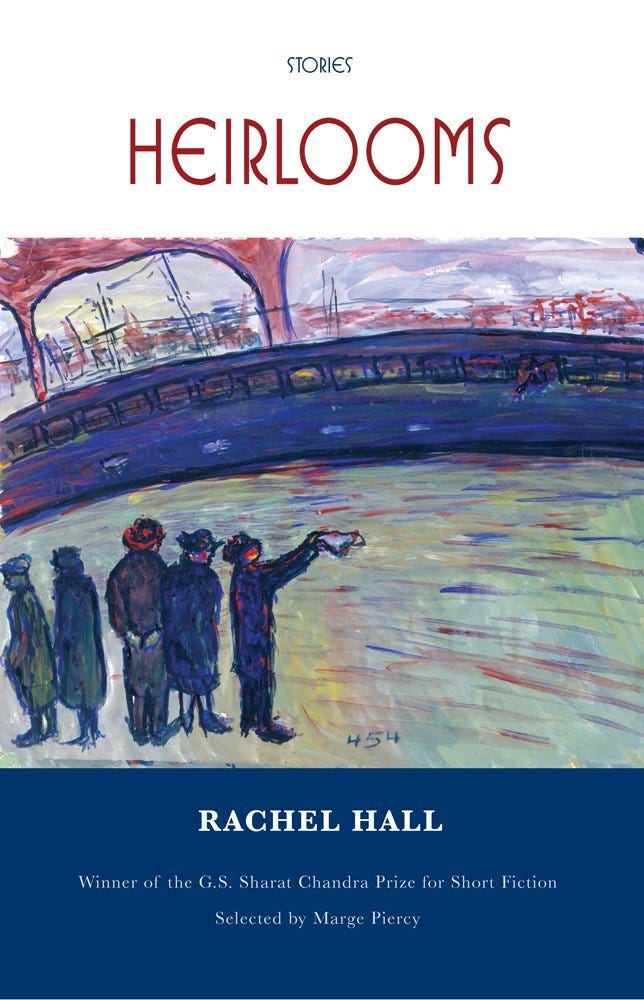

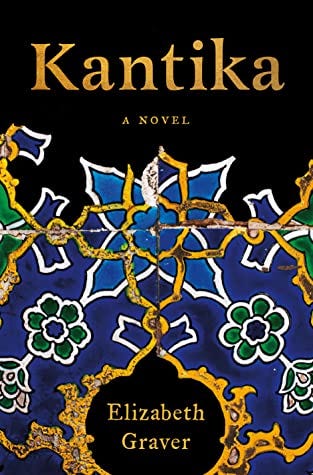

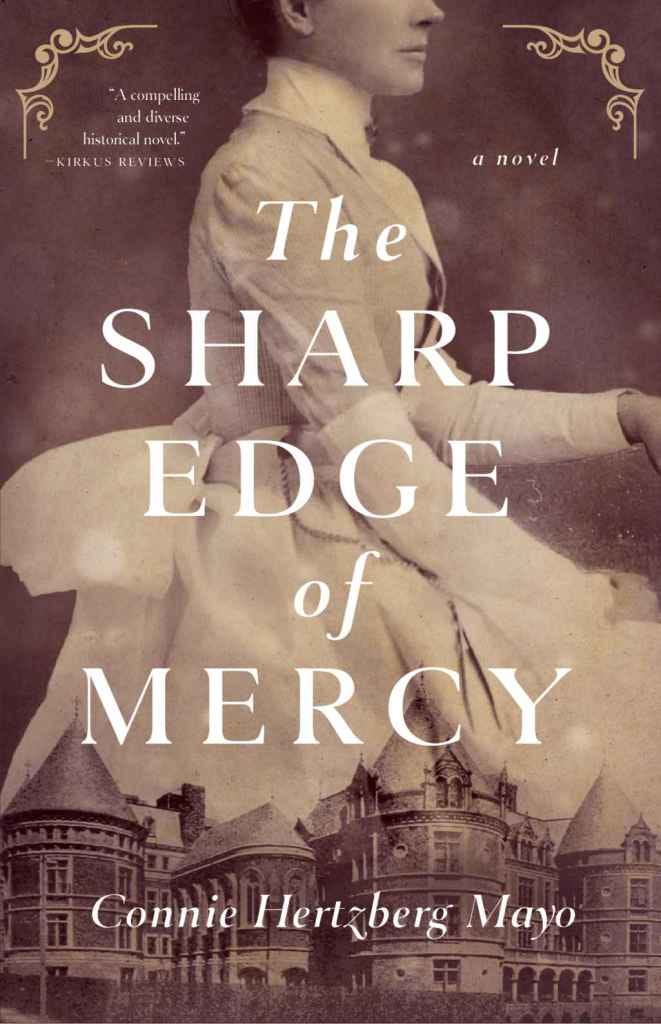
Such a great list - thank you for these recommendations!
Fascinating list, Bill!